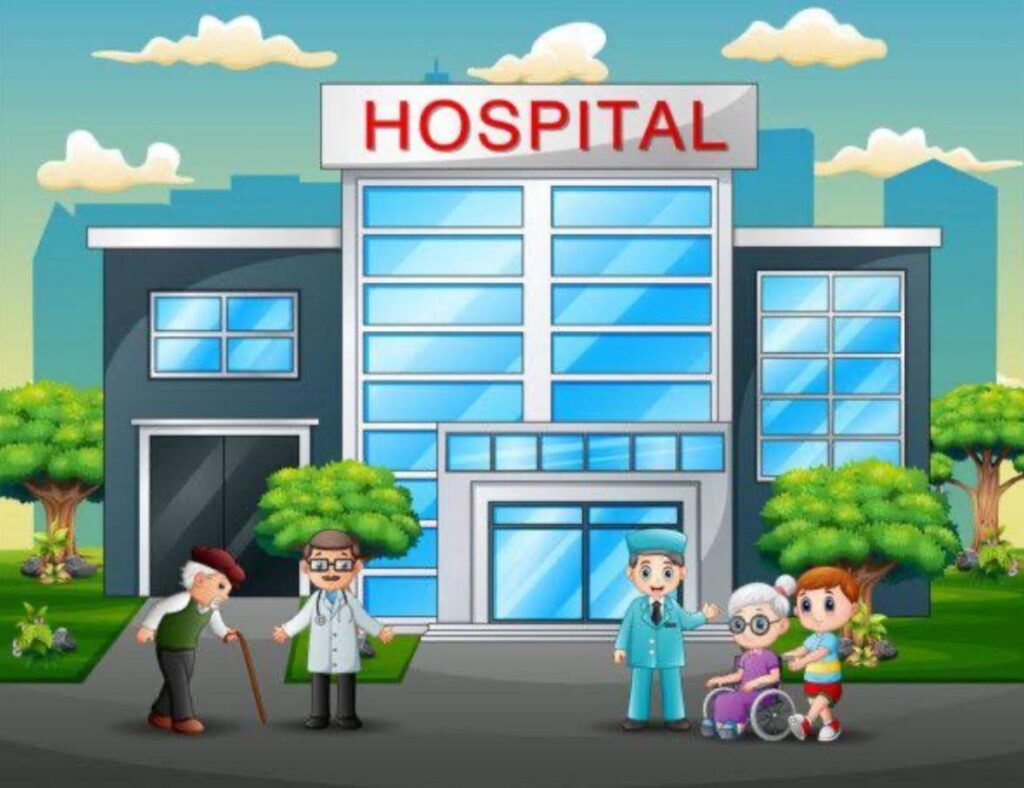Home » Books » 4th Year Books » Semester 7 Books » BP703T. PHARMACY PRACTICE Books

BP703T. PHARMACY PRACTICE Books
“Pharmacy Practice: Application of pharmaceutical knowledge in real-world settings, including:
– Patient assessment and counseling
– Medication management and dispensing
– Clinical services and pharmacy operations
– Professional communication and ethics”
Course Content
Unit Title
Content
UNIT-I
- a) Hospital and it’s organization
Definition, Classification of hospital- Primary, Secondary and Tertiary hospitals, Classification based on clinical and non- clinical basis, Organization Structure of a Hospital, and Medical staffs involved in the hospital and their functions. - b) Hospital pharmacy and its organization
Definition, functions of hospital pharmacy, Organization structure, Location, Layout and staff requirements, and Responsibilities and functions of hospital pharmacists. - c) Adverse drug reaction
Classifications- Excessive pharmacological effects, secondary pharmacological effects, idiosyncrasy, allergic drug reactions, genetically determined toxicity, toxicity following sudden withdrawal of drugs, Drug interaction- beneficial interactions, adverse interactions, and pharmacokinetic drug interactions, Methods for detecting drug interactions, spontaneous case reports and record linkage studies, and Adverse drug reaction reporting and management. - d) Community Pharmacy
Organization and structure of retail and wholesale drug store, types and design, Legal
requirements for establishment and maintenance of a drug store, Dispensing of
proprietary products, maintenance of records of retail and wholesale drug store.
UNIT-II
- a) Drug distribution system in a hospital
Dispensing of drugs to inpatients, types of drug distribution systems, charging policy and labelling, Dispensing of drugs to ambulatory patients, and Dispensing of controlled drugs. - b) Hospital formulary
Definition, contents of hospital formulary, Differentiation of hospital formulary and Drug list, preparation and revision, and addition and deletion of drug from hospital formulary. - c) Therapeutic drug monitoring
Need for Therapeutic Drug Monitoring, Factors to be considered during the Therapeutic Drug Monitoring, and Indian scenario for Therapeutic Drug Monitoring. - d) Medication adherence
Causes of medication non-adherence, pharmacist role in the medication adherence,
and monitoring of patient medication adherence. - e) Patient medication history interview
Need for the patient medication history interview, medication interview forms. - f) Community pharmacy management
Financial, materials, staff, and infrastructure requirements
UNIT-III
a) Pharmacy and therapeutic committee
Organization, functions, Policies of the pharmacy and therapeutic committee in including drugs into formulary, inpatient and outpatient prescription, automatic stop order, and emergency drug list preparation.b) Drug information service
Drug and Poison information centre, Sources of drug information, Computerised services, and storage and retrieval of information.- c) Patient counseling
Definition of patient counseling; steps involved in patient counseling, and Special cases that require the pharmacist - d) Education and training program in the hospital Role of pharmacist in the education and training program, Internal and external
training program, Services to the nursing homes/clinics, Code of ethics for community pharmacy, and Role of pharmacist in the interdepartmental communication and community health education. - e) Prescribed medication order and communication skills
Prescribed medication order- interpretation and legal requirements, and Communication skills- communication with prescribers and patients.
UNIT-IV
- a) Budget preparation and implementation
- b) Clinical Pharmacy
Introduction to Clinical Pharmacy, Concept of clinical pharmacy, functions and responsibilities of clinical pharmacist, Drug therapy monitoring- medication chart review, clinical review, pharmacist intervention, Ward round participation, Medication
history and Pharmaceutical care. Dosing pattern and drug therapy based on Pharmacokinetic & disease pattern - c) Over the counter (OTC) sales
Introduction and sale of over the counter, and Rational use of common over the counter medications
UNIT-V
- a) Drug store management and inventory control
Organisation of drug store, types of materials stocked and storage conditions, Purchase and inventory control: principles, purchase procedure, purchase order, procurement and stocking, Economic order quantity, Reorder quantity level, and Methods used for the analysis of the drug expenditure - b) Investigational use of drugs Description, principles involved, classification, control, identification, role of hospital pharmacist, advisory committee.
- c) Interpretation of Clinical Laboratory Tests- Blood chemistry, hematology, and urinalysis
Learning Objectives
- monitor drug therapy of patient through medication chart review and clinical review
- interpret selected laboratory results (as monitoring parameters in therapeutics) of specific disease states
- obtain medication history interview and counsel the patients
